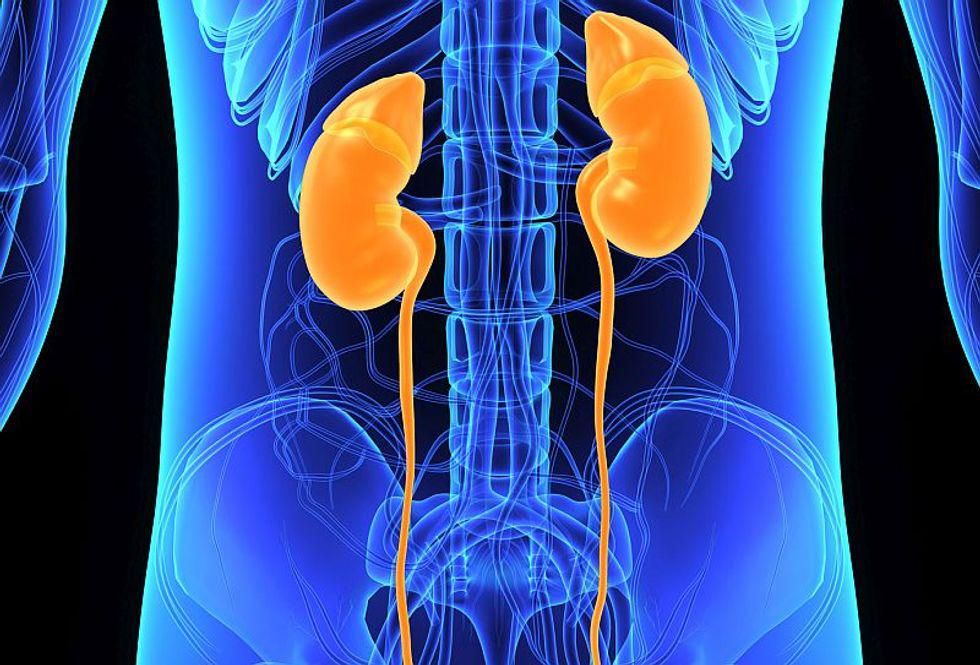
TUESDAY, Dec. 28, 2021 (HealthDay News) – While some plastic surgeons recommend no exercise for weeks after breast augmentation, new research suggests the ban may not be necessary. A new clinical trial found that women who resumed exercise after one week off did not have more complications and were more satisfied with results of their… read on > read on >






























